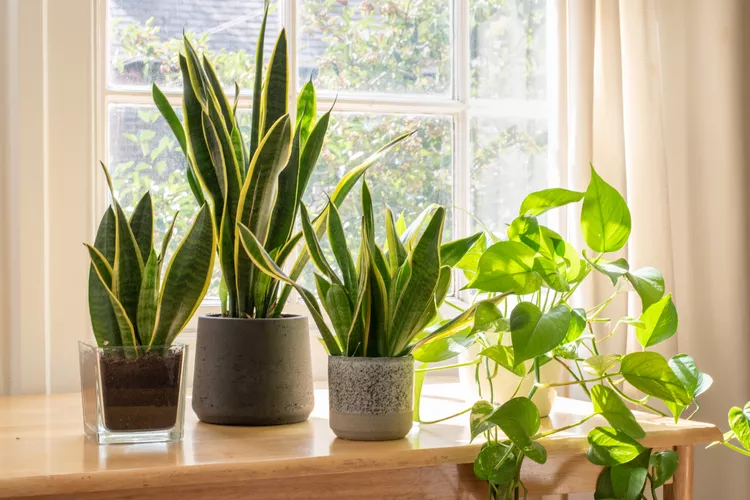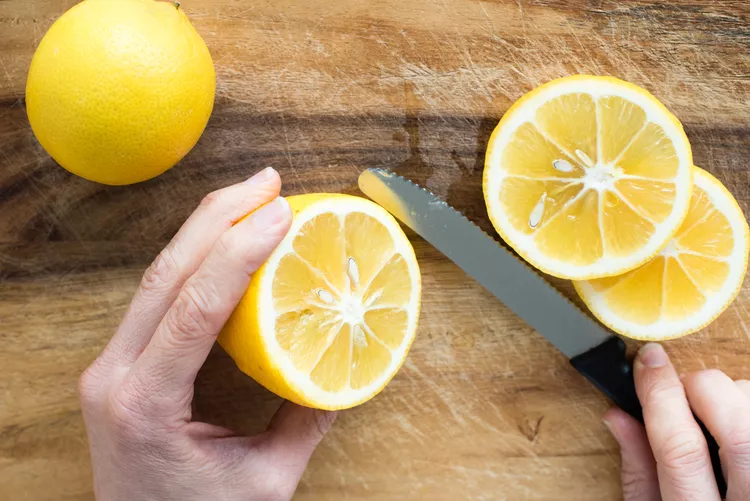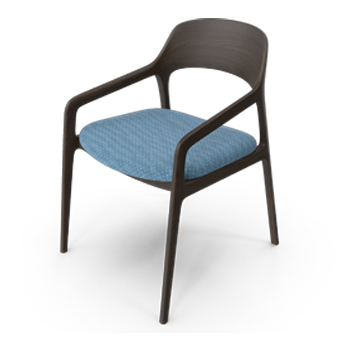
- Express delivery and free returns within 30 days
- support@yourdomain.tld
- +6221.2002.2012

:max_bytes(150000):strip_icc():format(webp)/GettyImages-1214601421-8e89ce7c5b6a47469100fe8b04c636ff.jpg)
My husband and I both value a clean, tidy home. We also have incredibly busy lives, and keeping our space that way requires a daily effort from our whole family. But even with a lot of structure in place, we also have two small children with hectic, demanding schedules—on top of our own chaotic lives.
Often, it can feel like we’re treading water when it comes to home maintenance. While we keep our messes to a minimum, I don’t love the thought of using harsh chemicals on a daily basis in the name of keeping things clean.
As a result, I always love a great, natural cleaning hack. We have incredibly harsh water, which makes white vinegar an absolute must for busting limescale in our home, for example. But one thing I constantly see is the power of fresh lemon, especially when used to clean the kitchen.
Recently, desperate for a softer solution, I decided to give this beloved citrus hack a try.
:max_bytes(150000):strip_icc():format(webp)/GettyImages-518345809-e1173bb3557040988e32e683d182e805.jpg)
If you’re wondering why lemons and lemon juice are often recommended for cleaning, you’re not alone. I had the same question, but a quick search confirms this is down to the properties found in citric acid. These help lemon juice function as an antibacterial, antiseptic, and bleaching agent.
This is also what makes lemons so great in a kitchen, where you’re bound to confront a wide variety of messes in all of these categories and more, from grease to rust.
Want more cleaning and organizing tips? Sign up for our free daily newsletter for the latest hacks, expert advice, and more!
:max_bytes(150000):strip_icc():format(webp)/GettyImages-1345347776-a9e98d95dcaa46e49c54bb1b8e6d3553.jpg)
We live in a rental, and—if I’m being honest—our countertops are not my preferred finish. They’re a black granite that instantly shows any crumb or mark, and can easily look scuffed and stained. Paired with hard water, the area next to my sink is constantly dull and covered in white limescale rings.
Usually, we tackle these with either an all-purpose spray or white vinegar, both of which work fine—though I’m not the biggest fan of the vinegar smell.
Because lemon is supposed to be great for removing these stains, I decided this was a good place to start. I simply cut a lemon down the middle, and used one half as if it were a sponge, wiping in a circular motion around the whole area. The end result?
Not too bad, actually! It removed the rings, and smelled great. This is definitely something I’d do again, especially if I had a leftover lemon I could use rather than toss.
:max_bytes(150000):strip_icc():format(webp)/GettyImages-907974284-9794da1444a14eb693cef6be5d65178f.jpg)
Like many kitchens, most of our cooking utensils and cutting boards are wooden. Because of the aforementioned antibacterial properties found in citric acid, I learned that wooden kitchen accessories take well to being cleaned with lemon. Naturally, I decided to take the second half of my countertop lemon and scrub accordingly.
Once again, the lemon smelled great and it certainly didn’t seem to

Peg Aloi is a gardening expert and former garden designer with 13 years experience working as a professional gardener in the Boston and upstate New

Sarah Lyon is a writer and home decor enthusiast, who enjoys sharing good finds on home items. Since 2018, she has contributed to a variety
Lorem ipsum dolor sit amet, consectetur adipiscing elit. Ut elit tellus, luctus nec ullamcorper mattis, pulvinar dapibus leo.

